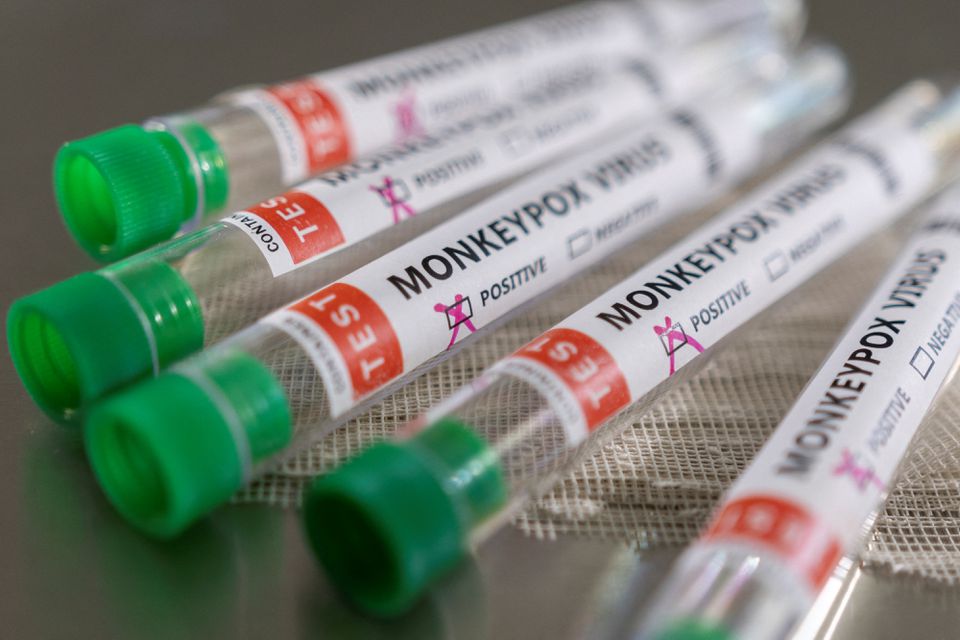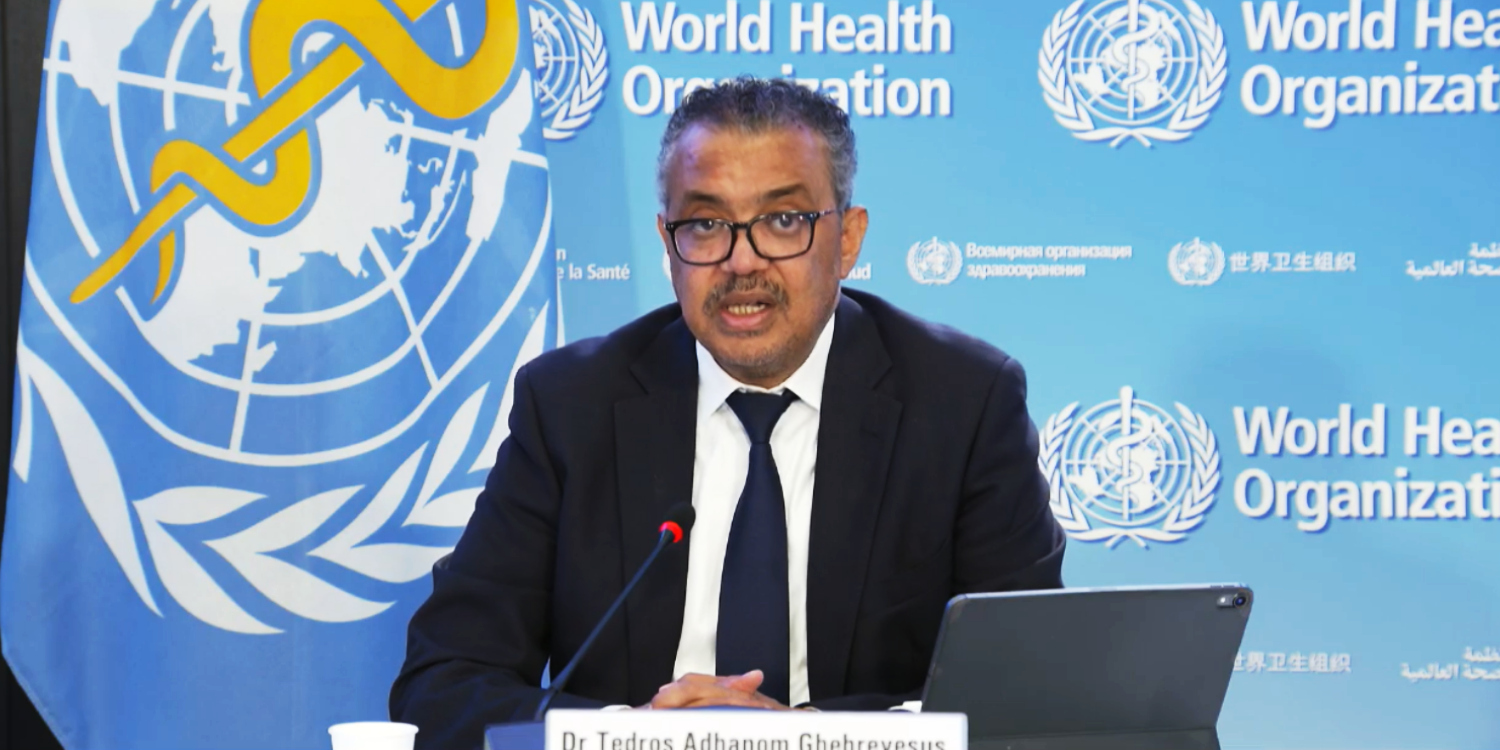WHO Urges Men To Temporarily Limit Male Sexual Partners To Lower Risk Of Monkeypox Infection
Monkeypox cases have continued to surge globally, including in Singapore, which recently confirmed its 11th infection.
S’pore Confirms 11th Monkeypox Infection, 32-Year-Old S’porean Warded At NCID
The disease became so widespread that the World Health Organization (WHO) declared it a global health emergency on Saturday (23 Jul).
During a recent media briefing, WHO Director-General Tedros Adhanom Ghebreyesus said that over 18,000 monkeypox cases have been reported in 78 countries.
So far, 98% of these cases have involved men who sleep with men. This is why Dr Tedros is urging this group to temporarily reduce their number of sexual partners for the time being to protect themselves from the risk of infection.
98% of monkeypox cases among men with male sexual partners
On Wednesday (27 Jul), WHO held a media briefing to address various global health issues, including Covid-19 and monkeypox.
LIVE: Media briefing on #monkeypox, #COVID19 and other global health issues with @DrTedros https://t.co/cmzoAvg6C7
— World Health Organization (WHO) (@WHO) July 27, 2022
In his opening remarks, Dr Tedros immediately addressed the monkeypox crisis, which he had just declared a public health emergency.
According to the WHO chief, over 18,000 cases have been reported in 78 countries. There have been five deaths so far, and about 10% of cases required hospital admission.
While Dr Tedros emphasised that the disease can affect anyone, he stated that 98% of monkeypox patients have been men who have sex with men.
This is why he has urged this group to cut down on sexual activity with male partners temporarily.
For men who have sex with men, this includes, for the moment, reducing your number of sexual partners, reconsidering sex with new partners, and exchanging contact details with any new partners to enable follow-up if needed.
Dr Tedros added that communities and individuals could help end the outbreak if they “inform themselves, take the risks seriously, and take the steps needed to stop transmission and protect vulnerable groups”.
The best way to do that is to reduce the risk of exposure. That means making safe choices for yourself and others.
WHO chief warns against stigma & discrimination
At the same time, Dr Tedros called for efforts to fight against harmful information, which could lead to stigma and discrimination. This was apparent during the Covid-19 pandemic.
He said that all countries must focus on “engaging and empowering communities of men who have sex with men to reduce the risk of infection and onward transmission”.
They should also “provide care for those infected” and “safeguard human rights and dignity”.
Sexual contact isn’t the only way monkeypox can spread. It can also be transmitted through other means of physical contact like hugging and kissing, as well as on contaminated bedding and towels.

Source: Dado Ruvic via Reuters, for illustration purposes only
Other vulnerable groups include children, pregnant women, and those with weaker immune systems.
WHO does not recommend mass vaccination against monkeypox
To combat the disease, WHO recommends targeted vaccination for the following groups:
- Those exposed to someone with monkeypox
- Health workers
- Some laboratory workers
- Those with multiple sexual partners
The organisation does not recommend mass vaccination at the moment.
The smallpox vaccine MVA-BN has gotten approval in the United States, Canada, and the European Union for use against monkeypox. Two other vaccines are currently under consideration.
That said, Dr Tedros revealed that there is still a lack of data on the effectiveness of vaccines for monkeypox.
He also stressed that vaccinations do not provide instant protection and can take weeks to become effective.
That means those vaccinated should continue to take measures to protect themselves, by avoiding close contact, including sex, with others who have or are at risk of having monkeypox.
Everyone can do their part to stay safe
With cases rising so rapidly, everyone must do what they need to protect themselves and others from the disease.
And, as Dr Tedros said, it’s also important to ensure that any information won’t be weaponised against any groups. In this case, the gay and bisexual community.
Hopefully, the number of infections will decrease soon, and the cases will not become more serious.
Have news you must share? Get in touch with us via email at news@mustsharenews.com.
Featured image adapted from World Health Organization (WHO) on Facebook.

Drop us your email so you won't miss the latest news.









